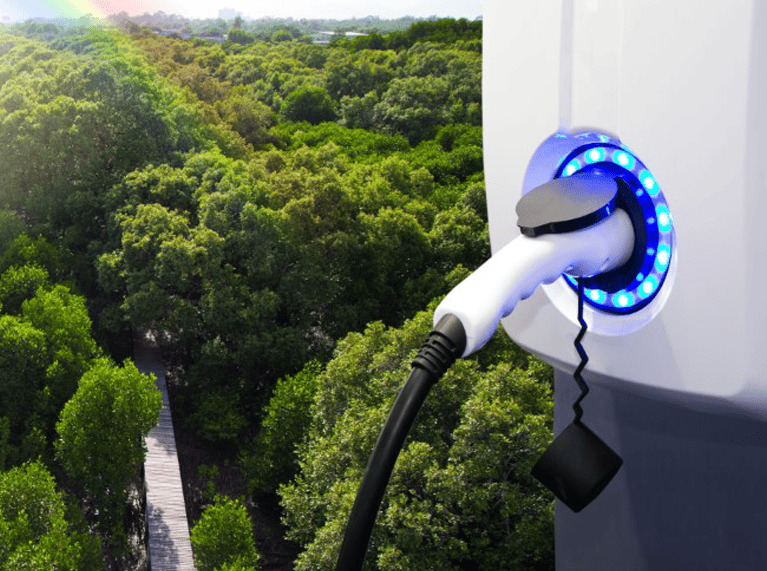The quality of the air we breathe in our cities directly affects our health. Generally, the main sources of atmospheric pollution in big cities are transport, energy consumption in the home, electricity generated by fossil fuels, and a lack of good waste management.
How is air pollution in cities measured?
Barcelona, for example, is a city prone to high concentrations of particulate pollutants in the air. This is due to the Mediterranean climate which means low rainfall throughout the year, industrial activity and the volume of traffic in the city.
Air quality in Barcelona is assessed using a five-level classification system, and is measured by 11 monitoring stations that detect the major pollutants.
When high levels of pollution are recorded (high atmospheric concentrations of NO2 or PM10 particles) what is known as an air pollution episode is declared, and pollution response controls are activated.
What measures can help to improve air quality?
- Launching projects to raise awareness of environmental pollution.
- Promoting sustainable mobility schemes in companies to encourage healthy habits, minimise the need for travel and promote the use of electric vehicles.
- Improving public transport and ensuring that it is fast, efficient, environmentally friendly and within the reach of all citizens.
- Encourage good energy management, both in people's homes and in municipal facilities.
- With regard to urban mobility, limiting the volume of traffic and speed on urban roads, using less polluting vehicles, journey sharing when not using electric vehicles, and making use of sustainable alternative forms of transport.
In addition to these measures that have a direct impact, it is necessary to invest in projects and technology in order to learn much more about the main sources of pollution in each city, and how they affect the health of the local population. I
In short, look for ways of reducing exposure to pollution, and adopt more sustainable and ecological lifestyles.
You can check updated information on air quality in Barcelona in Ajuntament de Barcelona website.

